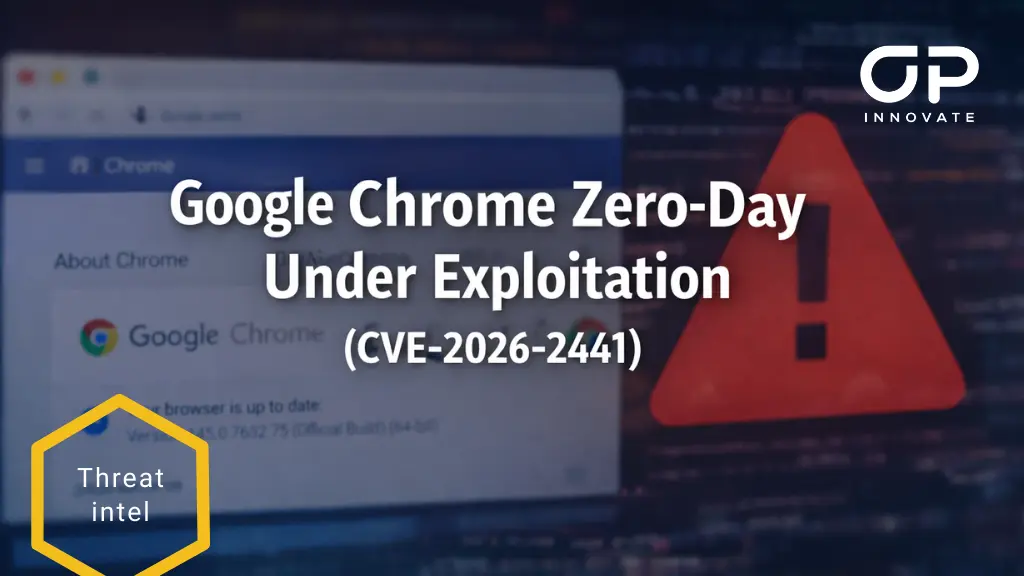GitLab has issued a critical security update for its Community Edition (CE) and Enterprise Edition (EE) to address a vulnerability identified as CVE-2024-0402, carrying a high CVSS score of 9.9. The flaw enables authenticated users to write arbitrary files to any location on the GitLab server while creating a workspace, posing significant security risks. In addition to this major vulnerability, GitLab also resolved four medium-severity flaws related to denial-of-service, HTML injection, and private information disclosure.
Affected Versions:
The vulnerability affects all versions of GitLab CE/EE:
- From 16.0 up to but not including 16.5.8
- From 16.6 up to but not including 16.6.6
- From 16.7 up to but not including 16.7.4
- From 16.8 up to but not including 16.8.1
Technical Details and Impact:
CVE-2024-0402 allows an authenticated user to exploit the workspace creation process to write files to arbitrary locations on the GitLab server. This critical vulnerability can lead to unauthorized data modification, data destruction, or give attackers a foothold for further malicious activities within the network.
The medium-severity vulnerabilities addressed include:
- Regular expression denial-of-service (ReDoS)
- HTML injection
- Disclosure of a user’s public email address via tags RSS feed
Mitigation and Recommendations:
GitLab urges all users to upgrade their installations to the latest patched versions (16.5.8, 16.6.6, 16.7.4, or 16.8.1) immediately to mitigate potential risks. The patches have been backported to these versions to ensure security across the board. It is crucial for administrators to apply these updates as soon as possible to secure their environments against potential exploitation.
Conclusion:
The discovery of the critical file overwrite vulnerability, along with the other medium-severity flaws in GitLab, demands immediate attention and action from all GitLab users. The severity of CVE-2024-0402, coupled with the possibility of account takeover from other vulnerabilities like CVE-2023-7028, illustrates the urgency of updating to the latest, secured versions of GitLab. Continuous vigilance and prompt application of security updates are paramount in maintaining a robust defense against evolving cybersecurity threats.









